The Next Supporting Actress Smackdown is in two weeks time - get your votes in by Nov 3rd please. Please only vote on the performances you've seen. Your host has been backstage doing the difficult (but exciting) work of wrangling up critics, artists, and writers to discuss these Oscar years with you.
MEET THE PANELISTS
Here's this month's batch of critics, artists, and writers that we've wrangeld for the event as we finish up our screenings.
First Time Smackdowners
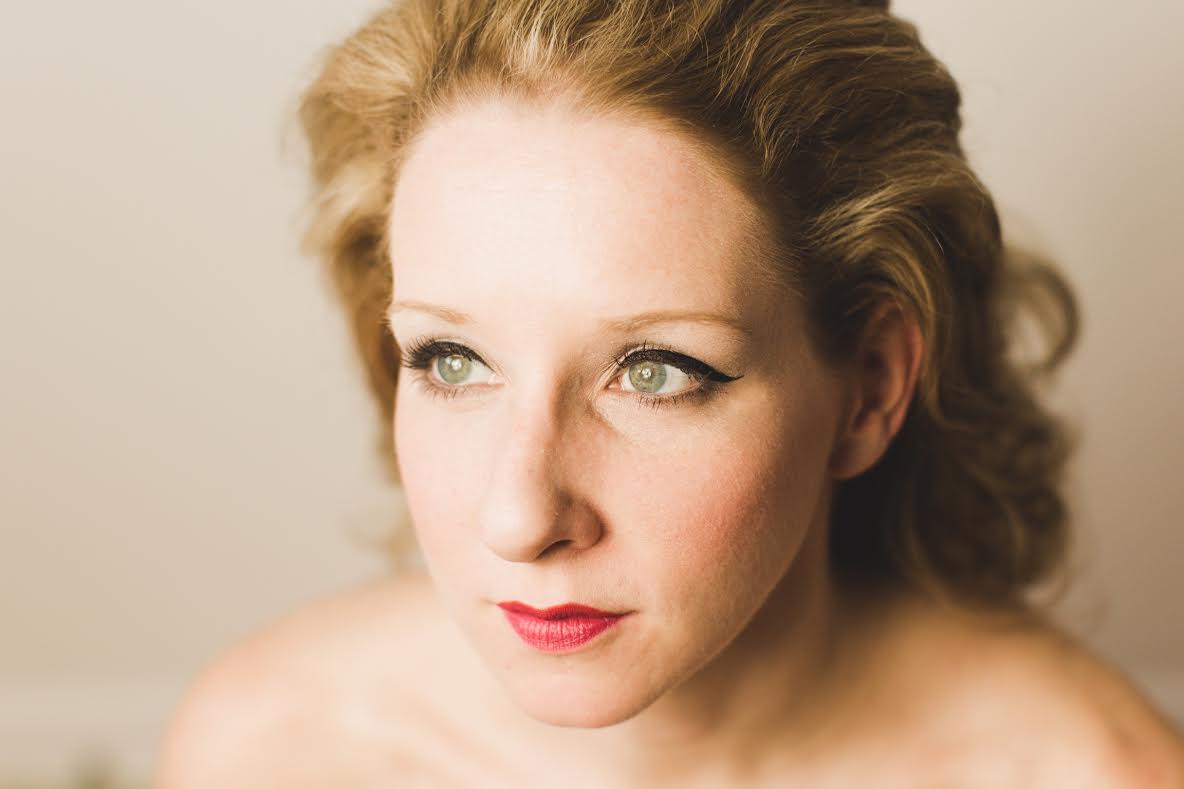
MOLLY POPE
Molly Pope is a cabarettist whose shows have played Joe’s Pub, Feinstein’s/54 Below, Feinstein’s at the Regency, Ars Nova, The Eugene O’Neill Theater Center, OBERON (American Repertory Theatre), Teatro ZinZanni (Joe's Pub Seattle), and the Adelaide Cabaret Festival in Australia. Recipient of both the 2016 Bistro Award for Creative Cabaret Artistry and MAC Award for Musical Comedy, she has also appeared at The Cafe Carlyle (“Tales From The Jazz Age”), the Afterglow Festival in Provincetown, “Our Hit Parade” at Joe’s Pub and as a resident artist at The Orchard Project and Philadelphia’s Kimmel Center. [Official Site | Twitter | Instagram]
Why did you want to do the Smackdown?
We live in a day and age where so many Golden Age of Hollywood films are now accessible, beyond the giant classics/hits. An informed discussion/compare/contrast of something as specific as the Best Supporting Actress Nominees of 1944 is suddenly possible from a modern viewpoint and I will be part of it, so help me God.
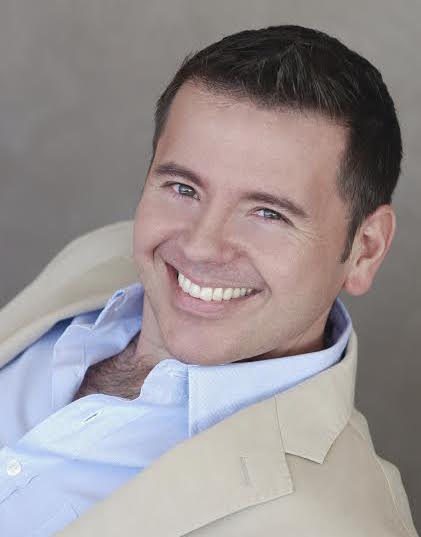 ©venfield8
©venfield8
MATTHEW RETTENMUND
Matthew Rettenmund is the blogger at BoyCulture.com and Gr8erDays.com. He is the author of the novel Boy Culture, on which the 2006 movie Boy Culture and the upcoming Boy Culture: The Series are based. He is also the author of Encyclopedia Madonnica 20. [Twitter | Instagram]
Why did you want to do the Smackdown?
I love the Best Supporting Actress battle every year because I've always been naturally drawn to female performances, and because that category has some of the most intense performances as well as, occasionally, some of the most surprisingly fleeting. More so than other categories, it seems to be the most volatile and least settled more often than not. Disagree? Just ask Lauren Bacall.
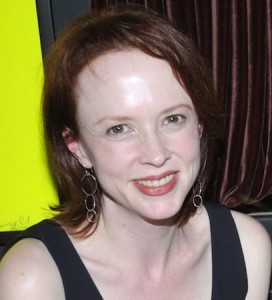
FARRAN NEHME
Farran Smith Nehme writes about classic film at her blog, Self-Styled Siren. She has written on film and film history for the New York Post, the Village Voice, Barron’s, the Wall Street Journal, Film Comment, Sight & Sound, and Criterion. She published her first novel, "Missing Reels," in 2014. [Twitter]
What does 1944 mean to you?
Hollywood began World War II by slotting the conflict into any number of standard plots, but by 1944 producers realized that audiences were tiring of that. After Normandy, people started thinking about what victory would mean. Directors were increasingly eager to tackle other matters, and to make movies that left the war behind, but weren’t pure escapism. This is the year that film noir starts coming into its own. 1944 is a transitional year to me; the brass-band patriotism of the early war years receding, and the post-war disillusionment, and rebuilding, on the horizon.
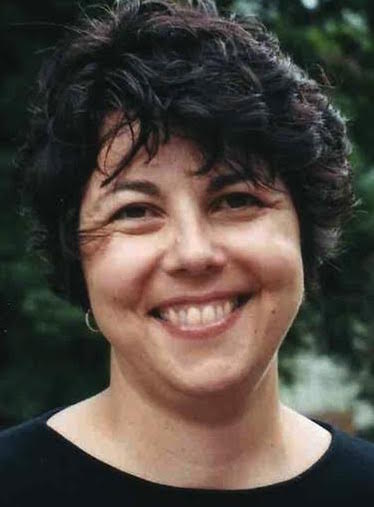
LOREN KING
Loren King has been obsessed with movies all her life. She worked her way from selling tickets and candy at the local multiplex to running films (yes, celluloid) as the first woman projectionist in the Boston motion picture operators’ union. Now she’s a regular writer for the Movies Section of the Boston Globe, and contributes features, interviews and reviews to many other publications and web sites. She also moderates panels and interviews filmmakers for the Provincetown International Film Festival, the Boston Globe documentary series, and other events. [Twitter]
What does 1944 mean to you?
OK, there was D-Day. There was also Double Indemnity. Lifeboat. To Have and Have Not. National Velvet. Mr. Skeffington. Gaslight. Laura…. Frustrated by the paucity of great women’s roles in movies today? Pick any movie from this list. 1944 also saw the release of one of my all-time favorite films, MGM’s Meet Me in St. Louis with Judy Garland never better as charming Esther Smith singing a stellar repertoire of songs. Shamefully, Garland didn’t get a best actress nomination for it, but she would 11 years later for playing another Esther in A Star is Born. But don’t get me started….
Returning Panelist

MARK HARRIS
Mark Harris is a columnist for Vulture.com/New York magazine and for Film Comment. He is the author of Pictures at a Revolution (2008) and Five Came Back (book 2014, Netflix 2017) and is currently working on a biography of Mike Nichols. He lives in New York City. [Twitter]
What does 1944 mean to you?
Most of what 1944 means to me derives from my research for "Five Came Back". I think of it as the year that movie audiences started to get bored by the WWII pictures the studios had been turning out non-stop since Pearl Harbor and started looking at other genres--melodramas, thrillers, the first stirrings of noir--as producers and studio heads tried to pivot. I like movies from moments when Hollywood wasn't entirely sure what it should do next, so I'm looking forward to these. My own favorite film from that year: Double Indemnity."
And your host...
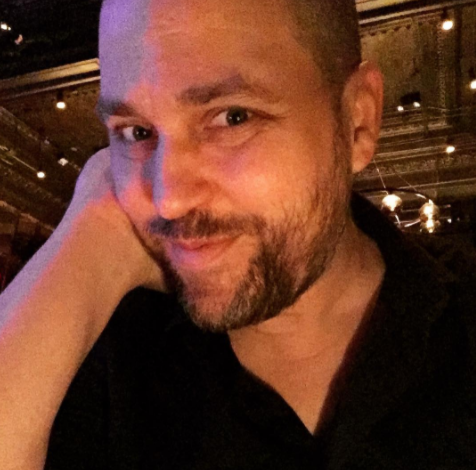 NATHANIEL R
NATHANIEL R
Nathaniel is the founder of The Film Experience, a longtime Oscar pundit, and the web's actressexual ringleader. He fell in love with the movies for always in the mid 80s via films like The Purple Rose of Cairo, A Room With a View, Aliens, and Moonstruck. But he mostly blames Oscar night (in general) and the 80s filmographies of Kathleen Turner & Michelle Pfeiffer (specifically). [Twitter | Instagram]
What does 1944 mean to you?
Meet Me in St Louis. One of the most pleasurable things that ever existed in the world. Baffling that Oscar barely acknowledged it.
What does 1944 mean to you dear readers?
Do tell in the comments. Here's how to vote on the Smackdown.